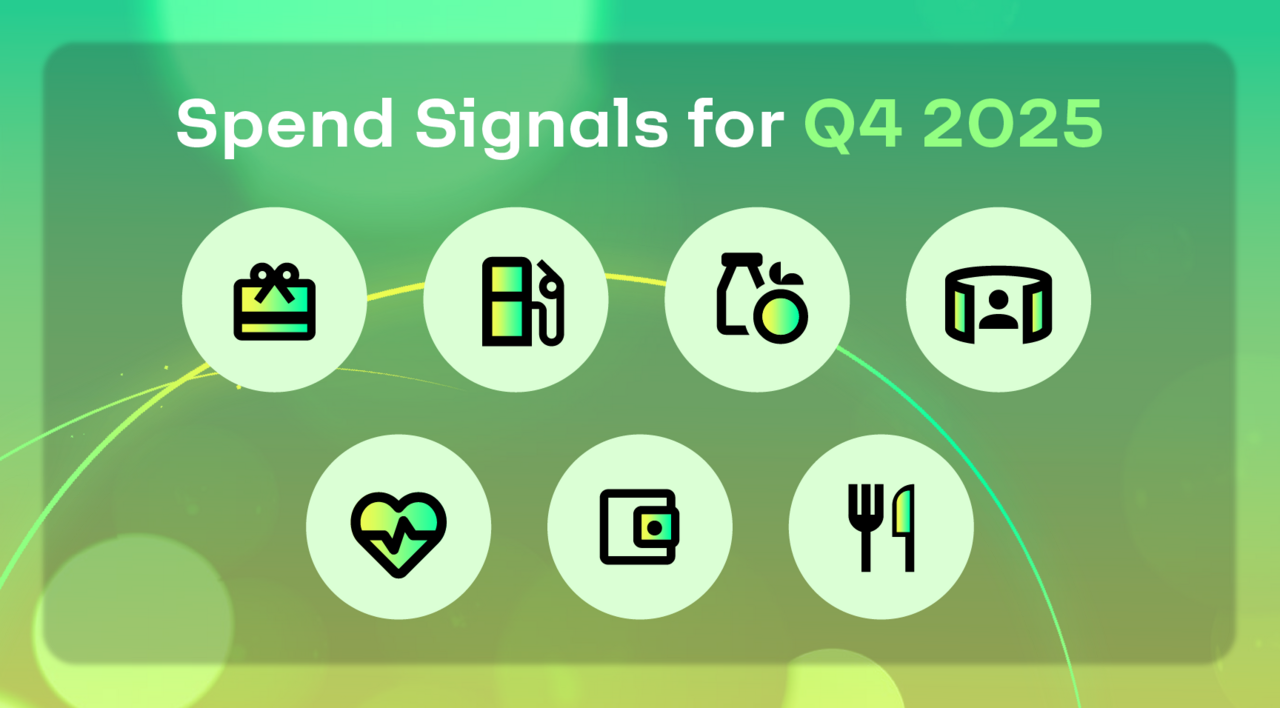A payment disbursement is a transfer of money from one account or fund to another. The term is most commonly used in reference to dedicated or public funds like non-profits and corporations. When one company pays another using cash or cash equivalents, it can be said to have made a disbursement.
For example, when an attorney pays third parties for its clients, such as for court or investigation report fees, these payments are considered disbursements.
Disbursements provide a measurement of the cash outflows of an organization. Some other examples of disbursements include:
- Dividend payments to shareholders
- Accounts payable
- Money spent for purchasing inventory
An accounting entry of disbursement includes information such as:
- Date
- Purpose of payment
- Payee
- Amount to be credited or debited
- Impact on the business’ overall cash position
Disbursements and payments are not quite the same thing. Let’s look at how the two differ.
The difference between payments and disbursements
Payments are normal costs that a business has to pay to cover its daily operations. When a business pays for goods or services that it needs to achieve its goals, the action is considered a payment. Payments could include paying money for things like employee wages, inventory supplies, or consultant’s fees.
Both payments and disbursements involve some kind of money transfer. The main differences are:
- How each type of transaction is recorded in a company’s accounting records, and
- To whom the payment is being made
Purchasing goods or services that serve the businesses’ operations makes the transaction a payment. Payments are most often subject to standard regulations and rules regarding taxation. Estimated tax payments are one example of a payment.
The term “payment disbursement” can be somewhat confusing, as payments and disbursements are two different things. For our purposes here, we will assume the term refers to disbursements, while the term “payments” will refer to cash payments.
Different types of digital disbursement
Different kinds of electronic funds transfer (EFT) payments can be used to issue disbursements, such as:
- Payment apps like PayPal and Venmo
- Credit or debit card payments
- eChecks
- Wire transfers
- Bank transfers sent using the ACH network
- Mobile payments
Digital disbursements provide fast transactions and make it possible to pay other parties around the world at any moment.
Disbursements also can fall into several different categories, including:
- Delayed disbursements extend the process of making a payment by issuing a check from a financial institution outside of the company’s main business jurisdiction.
- Controlled disbursements involve making a disbursement over a pre-determined amount of time. This allows companies to better manage their cash flow while keeping as much money as possible in high-interest earning accounts. Meanwhile, lesser-yielding assets can be liquidated in a controlled manner to make disbursements.
- Disbursement vouchers and checks are cash disbursement methods that involve a paper voucher form or a physical check used to issue the disbursement payment. While less common today than the variety of faster, more convenient EFT payment methods, there could still be some situations in which a company chooses to use a voucher or check to make a disbursement.
How fast are payments disbursed?
The speed with which a disbursement is finalized will depend on the type of payment gateway used. Payment processing happens faster for some methods than others.
In general, digital disbursement solutions like the ones mentioned earlier will be faster than physical, paper checks or vouchers.
Choosing the best disbursement type for your business
Selecting the correct disbursement method can allow an organization to initiate payment processing more efficiently and cheaply while saving time and safeguarding the business from fraud.
What to consider when choosing a payment disbursement solution
Here are a few things to keep in mind when considering the right payment gateway for your business.
- Speed: How long until the transaction settles? Will waiting be a problem for the organization’s operations?
- Cost: Clearly, the less a company has to pay in remittance fees of any kind, the better it will be for bottom line profits.
- Compliance: Does the solution comply with all relevant rules and regulations? Know-your-customer (KYC) and anti-money-laundering (AML) laws could be a few such concerns.
- Accounting: Will everything integrate seamlessly with the accounting process?
FAQs about Disbursements
Here are a few of the most frequently asked questions about disbursements.
What is the Difference Between Reimbursement and Disbursement?
A disbursement refers to a payment made in cash. Reimbursement, on the other hand, is a payment made to cover the original disbursement.
If an attorney pays an expense for a client, for example, the cash paid to a third-party will qualify as a disbursement. When the attorney’s law firm then bills the client for those expenses, the payment of such an invoice would be a reimbursement.
Are Disbursements Considered Expenses?
Disbursements are not the same as expenses. Certain expenses, such as amortization or depreciation, are considered to be non-cash expenses. Expenses that involve asset purchases could be recorded before cash is paid to the supplier.
What is a Disbursement Fee?
When a vendor charges an extra fee to cover payments made for their clients, the charge is referred to as a disbursement fee. If a shipping service pays the taxes required to send a package on behalf of a customer, for example, they may then pass on this cost in the form of a disbursement fee.
The best payment disbursement solution
Done with slow money transfers?
Runa allows users to transfer digital value of all kinds quickly, conveniently, and at a fraction of the cost of most alternatives. Whether for b2b payments like disbursements or anything else for that matter, Runa makes things easy and simple for all of our customers.
Our platform makes disbursements simple for:
- Payroll
- Refunds
- Royalties
- Class-action settlements
- Sales commissions
- Panel incentives and rewards
- Insurance payouts
- Accrued overtime
Learn more and book a demo with Runa today!



